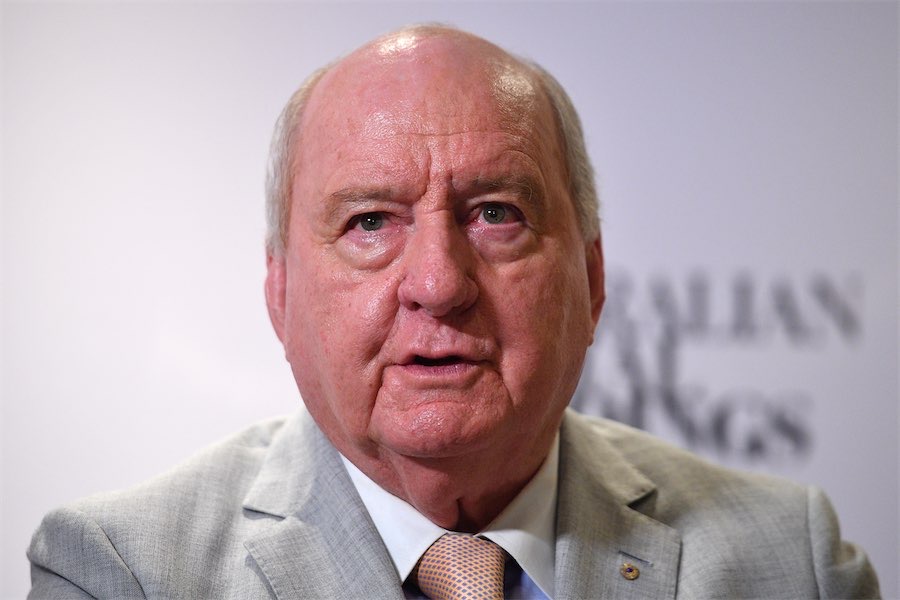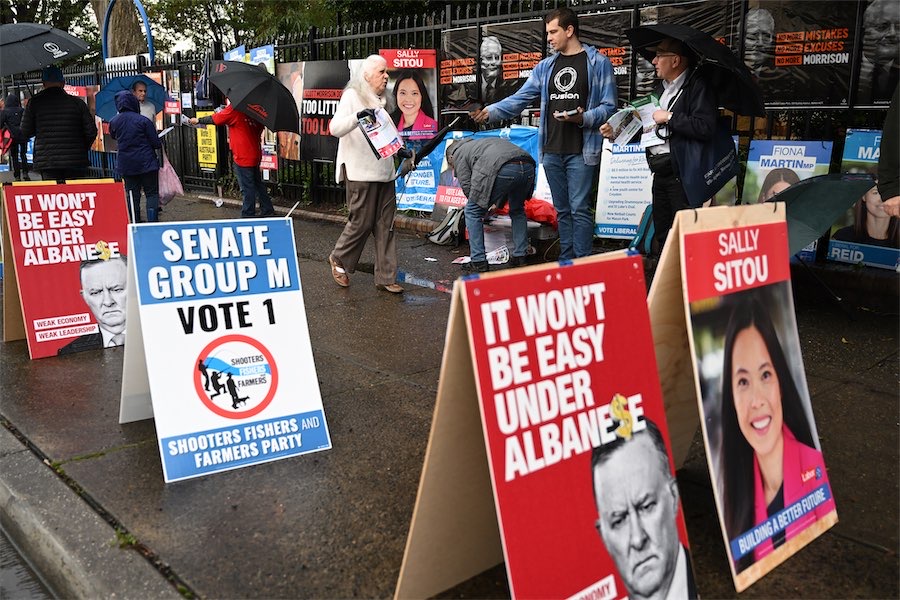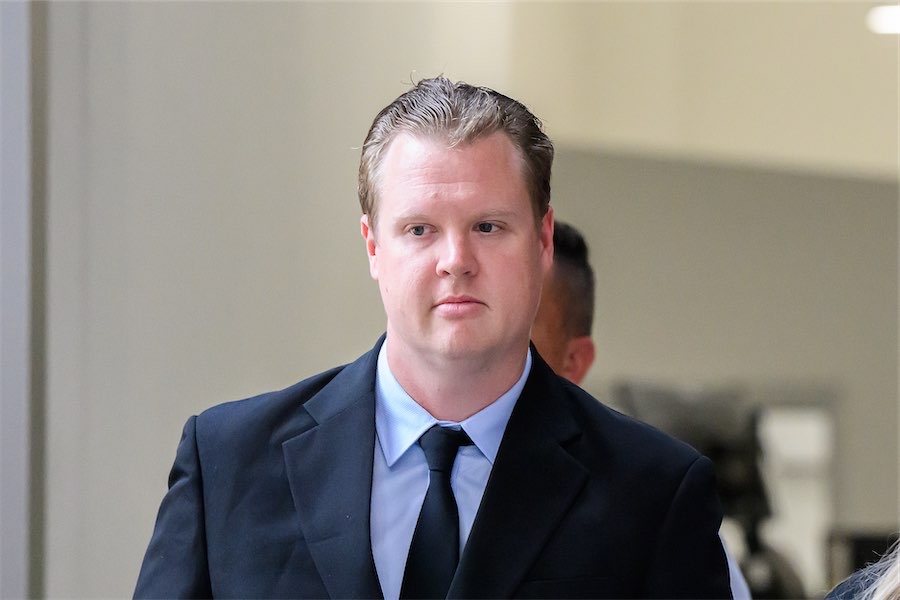
CANBERRA delivered something of bleak reports on past and future rollouts of the vaccinations to combat cases of coronavirus.
Government addressed reports at both territory and federal levels on Tuesday (April 20) of the struggles authorities have found over the past eight weeks of the vaccine program.
So far around 22,000 needles have been jabbed into Canberra arms, significantly below the initial target that was promised to the ACT from the federal government.
The ACT government was aiming for 1700 vaccinations a day, but have had to settle closer to 700 per week.
The Commonwealth has told the ACT government of an expected boost of vials and hinted the territory will be able to deliver 700 a day at the Garran Surge Centre alone.
Since people that are aged 50 or over are recommended for AstraZeneca doses, Canberra authorities are considering using the Cavalry Public Hospital as their ACT hub centre for the second COVID-19 vaccine introduced.
But that announcement for the Bruce care facility will be delayed for about a month until such a move in May would leave the Pfizer vaccinations to be administered in just Garran.
Federal Labor senator for the ACT, Katy Gallagher, chaired the COVID-19 committee and uncovered that only 37 per cent of Australians living in residential aged care have been vaccinated for the first time.
But a worse outcome was that little more than six per cent in disability residential facilities have got their first shot.
“What seems to have happened is that because of all the problems in rolling it out in aged care, which there has been many and I’ve talked about it before, that people in disability residence have been pushed to the side,” Ms Gallagher told ABC Canberra.
Federal authorities are struggling to disseminate how to solve the issues in a losing public relations war before Canberra heads into another cold winter.
“We had that confirmed in the committee that the department is still out modelling various scenarios to get a picture of how the rollout would actually look and when people would get access to vaccines, but they’re not going to release that to the public,” Ms Gallagher said.
The fallout comes over a panel of medical experts concluding that Pfizer is the preferred vaccines for people under 50 years after some concern that AstraZeneca may cause rare, albeit serious, blood clotting at that age.
Ms Gallagher has questioned what the government is doing about the ensuing timeframe of the next rollout, and addressing the priority of access and hesitancy for the next vulnerable groups after believing “they have broken every single promise they have made” about the numbers of vaccines that have not been delivered.
“We were promised that we would see a ramp up over the next few weeks, but it has been logistically difficult because disability residences are different to aged care residences,” she said.
“The Commonwealth believe they have things in place that will see those numbers grow.
“I have to say there wasn’t anything more they gave that would give you any confidence that was the case.
“Certainly when it comes to staff working in those centres, the Commonwealth has no idea who has been vaccinated and who is going to be vaccinated. I think that is a big worry.”
That decision could lie with the national cabinet to be considered on Thursday.
The federal health department is conducting surveys from research to better understand the attitudes of Australians to the vaccination program.
“The whole rollout is really up in the air – it really is up in the air,” Ms Gallagher said.
“The Commonwealth doesn’t know whether states and territories are giving Pfizer vaccines to people over the age of 50, they don’t know who the states and territories have already vaccinated yet and they have not made any decisions on how the program is going to be recalibrated.”
Who can be trusted?
In a world of spin and confusion, there’s never been a more important time to support independent journalism in Canberra.
If you trust our work online and want to enforce the power of independent voices, I invite you to make a small contribution.
Every dollar of support is invested back into our journalism to help keep citynews.com.au strong and free.
Thank you,
Ian Meikle, editor




Leave a Reply